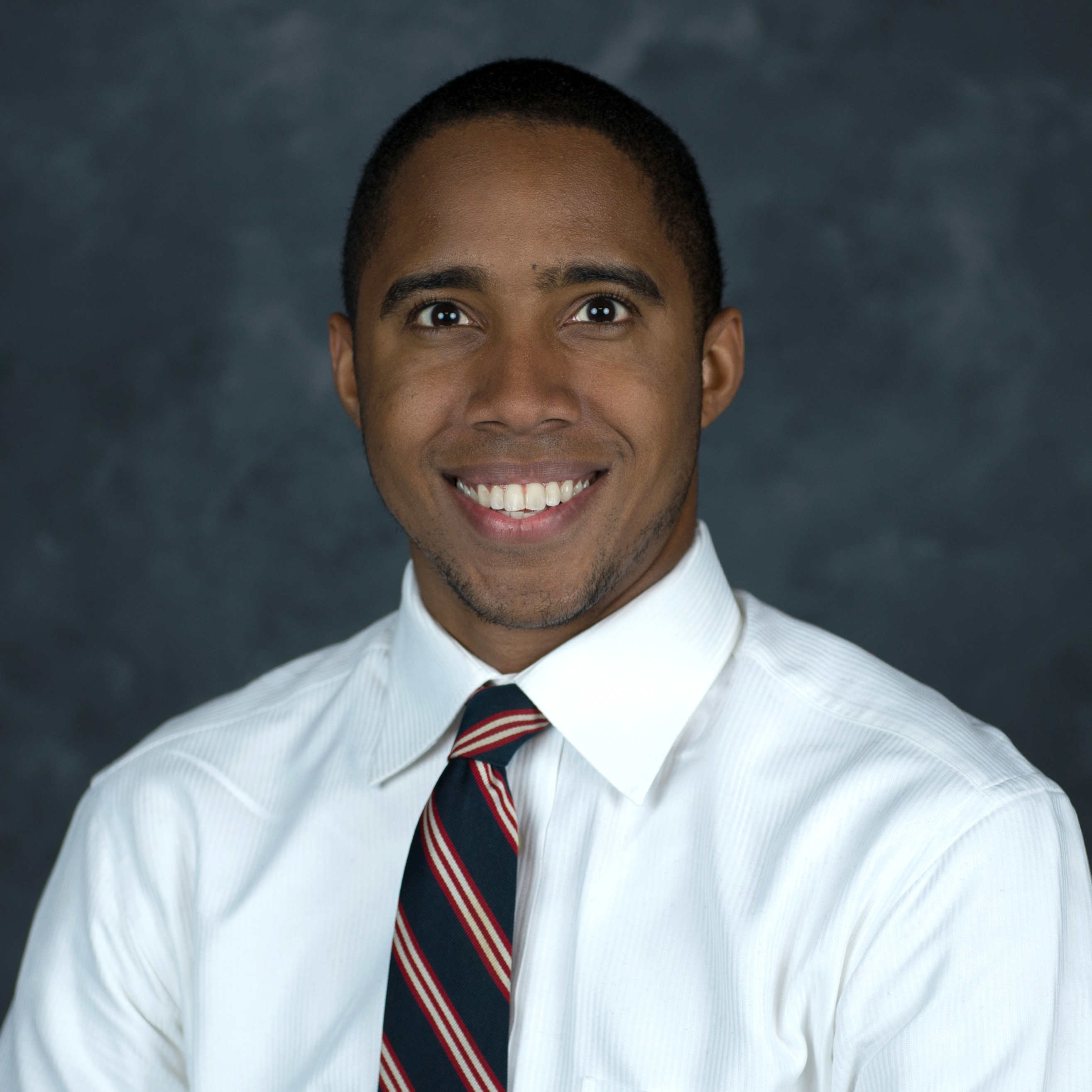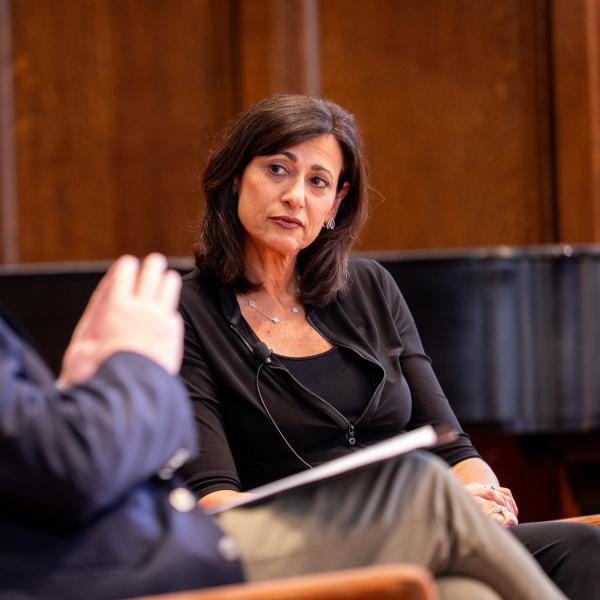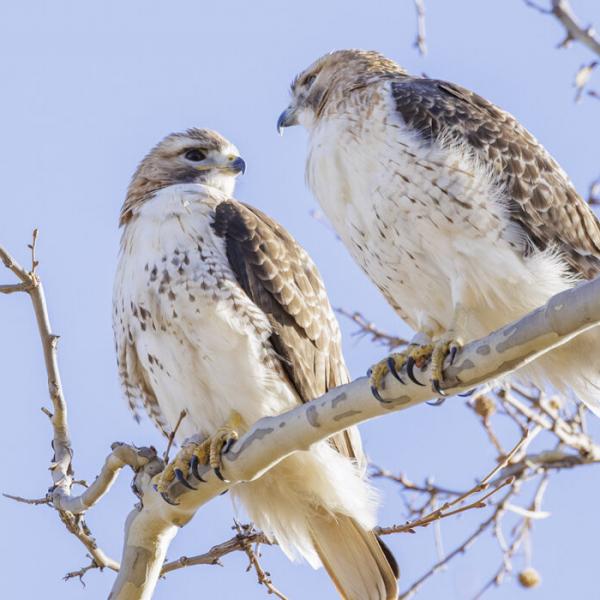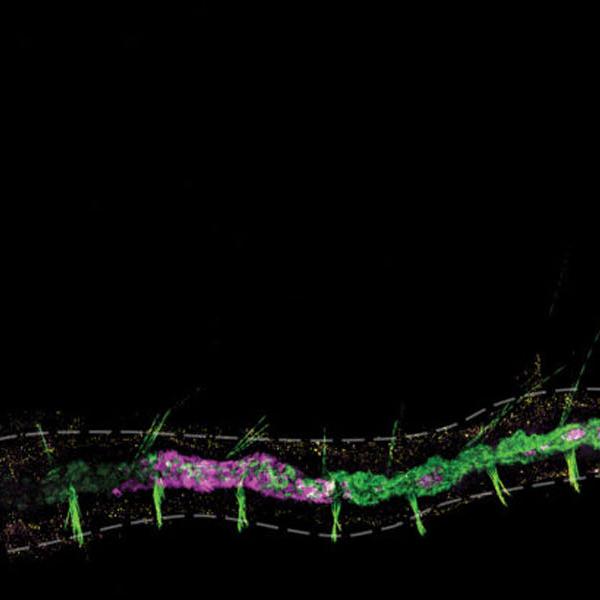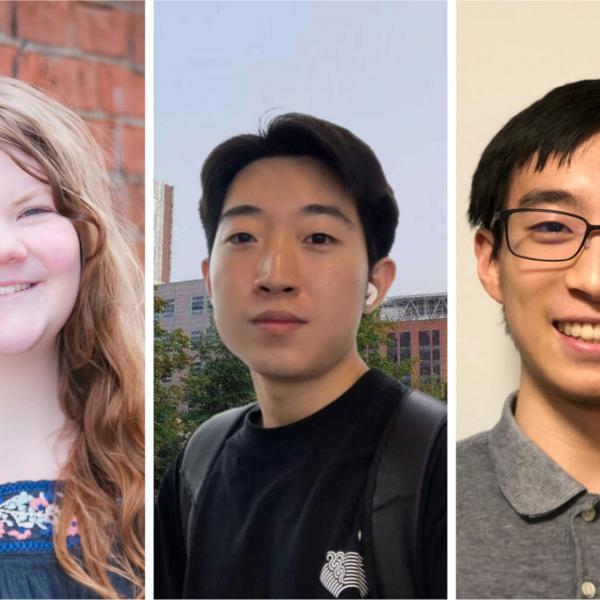Jarrett Joubert, like many undergraduate students, was initially interested in the traditional pre-med path.
Somewhere along the way, he became more fascinated with the sociological impact of medicine. He was especially influenced by the course Racing Through Genetics at Grinnell, which explored how concepts of race shifted according to genetics research; and later by Darwin, Marx and Wagner at WashU, which viewed those concepts through a historical lens. This course was taught in part by Professor Emeritus of Biology Garland Allen, who specializes in the history and philosophy of biology.
In addition to his study of biology, Joubert also sat in on Associate Professor of Philosophy Anya Plutynski’s Philosophy of Science courses which greatly enhanced his understanding of the nature of scientific inquiry. Study and conversations with Allen and Plutynski helped shape Joubert’s interests and lead him to where he is today.
Joubert decided to join the workforce in a scientific field to gain experience before making decisions about further education. After a few weeks of working in an immunology lab, he knew doctoral work in the biological sciences was not for him. History of science became his primary focus.
“I’ve had the opportunity to witness the process of scientific study in the field. In some cases, the answer to how something works or why something functions is not always clear. It is this gray area that fascinates me now on the philosophy of science side of things: how scientists grapple with ‘knowing’ something they aren’t yet sure about,” Joubert explained.
These realizations between years of study and working in the field led Joubert to join the PhD program at the Center for Biology and Society at Arizona State University.
“ASU’s program is uniquely situated within a department of the School of Life Sciences vs. within a history or history of science department (the more traditional organization). I am excited about this, as it means I will get to have equal amounts of biological science and history and philosophy of science at the core of my experience. I will work with Drs. Emma Frow and Jane Maienschein on a project exploring the use of synthetic cells in the life sciences.
“While my dissertation will not be based in wet lab research, I will get to know and perhaps collaborate with those who are engaging science in that way. For example, ASU has strong ties with the Marine Biological Laboratory in Woods Hole, MA (the location of the first experiments in modern tissue culture) and hosts a history of science seminar there each summer. As an ASU grad student, I get premiere access to attend the seminar and potentially have that work add to my own research,” Joubert said.
When asked what advice he would give to undergrads uncertain about what they want to do as a career, Joubert says, “If graduate school is not your calling right away, or you choose to enter into the world of work temporarily or even permanently, know that there is such a thing as a great place to work. Explore your options accordingly. Think not only about how a job or career will sustain you mentally and financially, but how experiences you may have on the job will nourish you.
“Courses at WashU opened my mind to what is possible and how much power there is in scientific concepts, from evolution (a study explaining how life operates) to x-ray crystallography (a study enabling us to actually determine molecular structures). I loved studying science, yet I was preoccupied with the ways society is shaped by it. Seeds were planted during my undergraduate years, which germinated and started to grow during my master's study.
“I am hoping for blossoms during my doctoral study!” Joubert exclaimed.

